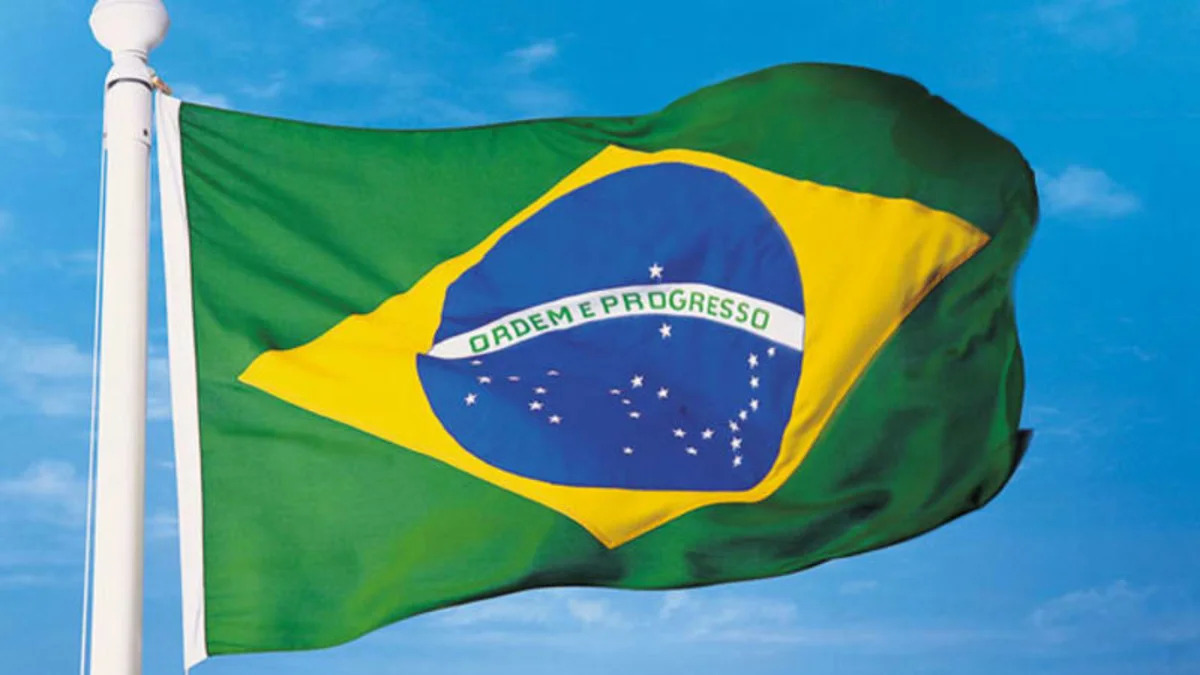If your image of Brazil has anything to do with "The Girl from Ipanema" played by 1,001 Strings, you may be a little out of date. The country that will host the 2016 Summer Olympics has come a long way since the dawn of the bossa nova craze a half century ago, though it still has plenty of nagging problems left to deal with.Brazil is now the world's fourth-largest national automotive market.
The recent Sao Paulo Auto Show provided one clear clue as to how much things have changed in recent years. When I first visited Brazil 15 years ago, the vehicles available to Brazilian motorists were, for the most part, decades out of date – common practice among automakers like Ford, Volkswagen and General Motors, who would dump generations-old tooling into these backwater markets rather than anything close to new.
Today, however, Brazilians motorists are likely to get the latest and greatest. Indeed, October's Sao Paulo show gave local buyers – and the rest of the world – a look at a number of all-new offerings, some designed specifically for the Portugese-speaking nations, others for global markets, such as the next-generation Ford Fiesta sedan. Significantly, the new model will land in Brazilian showrooms well before it reaches dealers here in the States.
 Paul A. Eisenstein is Publisher of TheDetroitBureau.com and a 30-year veteran of the automotive beat. His editorials bring his unique perspective and deep understanding of the auto world to Autoblog readers on a regular basis.
Paul A. Eisenstein is Publisher of TheDetroitBureau.com and a 30-year veteran of the automotive beat. His editorials bring his unique perspective and deep understanding of the auto world to Autoblog readers on a regular basis.
No surprise. Brazil is now the world's fourth-largest national automotive market and has "tremendous potential for the future," says Ian Robertson, the BMW AG board member overseeing global sales and marketing. With sales up 54 percent in just the past year, it's probably no surprise the automaker has decided to invest in a new assembly plant in the affluent southern state of Santa Catarina.
That facility will open about the same time as the first Brazilian plant for Nissan, this one closer to the beaches of Rio. The Japanese maker had been exporting cars to South America's largest country from factories in Mexico, but sales have grown so fast it is betting local production will be the only way to keep up.Sales have grown so fast, Nissan is betting local production will be the only way to keep up.
"We made a late start here, but we want to show we are serious," explained the Japanese automaker's global styling chief, Shiro Nakamura, as he pulled the covers off the Nissan Extrem concept vehicle. "Success in Brazil," he emphasized, "is vital to our plans for global growth."
Meanwhile, General Motors, one of the first foreign makers to invest in Brazil, is rapidly ramping up its operations, CEO Dan Akerson conceding the company had "underinvested" for too long. The maker's local boss of GM Brazil, CEO Grace Lieblien, expects sales "to top four million units by 2015 or sooner." That could position Brazil as the world's third-largest national market, behind China and the United States.
That doesn't mean success is guaranteed. As anyone familiar with bossa nova or samba music knows, there's a melancholy, almost fatalistic streak that runs through the Brazilian psyche. A frequent joke among the business community is that "Brazil is the economy of the future – and always will be."A frequent joke is that "Brazil is the economy of the future – and always will be."
There's reason for such caution. For any number of reasons, the economy long resembled a roller-coaster, with massive booms followed by deep troughs, often accompanied by devastating inflation. A huge automotive growth spurt in the late 1980s encouraged foreign makers to plan an estimated $20 billion in factory investments. Many pulled out, just a couple years later, when the market tanked.
But recent years have seen an unprecedented level of growth and stability – to some, ironically so, as it was carefully managed by Pres. Luiz Inacio Lula da Silva, a former union boss, and maintained by his hand-picked successor.
Brazil has always sambaed to its own rules. The automotive market began to grow with the creation of the so-called Popular Car segment. Until then, motor vehicles were the purview of the wealthy. But suddenly, tax breaks and cost cuts on stripped-down models like the original VW Beetle made it possible for the small middle class to get on wheels. Today, the middle class is growing quicker than anywhere in the world but China and, perhaps, India, and they're buying cars at a record pace.The other curious fact about Brazil is that it's one market where consumers take renewable energy quite seriously.
The other curious fact about Brazil is that it's one market where consumers take renewable energy quite seriously – the government putting an emphasis on ethanol derived from abundant sugar cane crops to minimize dependence upon foreign oil.
Despite the newfound optimism, that streak of caution, even pessimism, hasn't entirely vanished. Many Brazilians still fear the economy will eventually return to its old roller-coaster pattern. More immediately, auto executives are fretting that the government will soon eliminate incentives that have given a big boost to demand. But there are few who take seriously the likelihood of anything more than a minor setback. For most, the future has finally arrived.


Sign in to post
Please sign in to leave a comment.
Continue